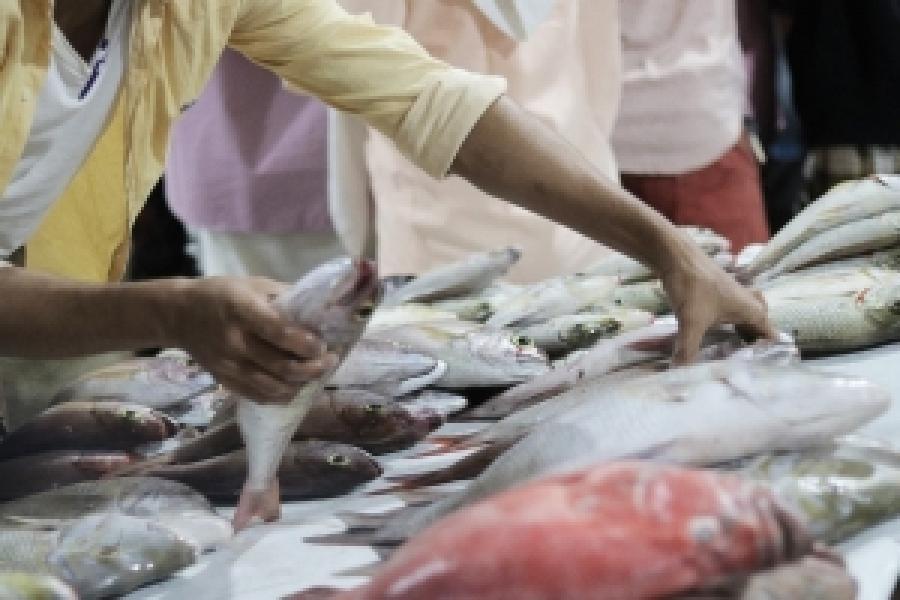FAO launches Market Information System Dashboard to improve the availability of reliable Food Security and Early Warning Data in Yemen
١٠ مايو ٢٠٢١

10 May 2021- Sana'a: The Food and Agriculture Organization of the United Nations (FAO) has launched a Market Information and Early Warningdashboard as part of its efforts to strengthen food security and nutrition early warning data and information in Yemen. The dashboard is the first publicly available near real-time price information in Yemen that will present market data and analysis from 119 markets throughout Yemen's 22 governorates, including providing regularly updated price data on over 103 food and non-food commodities.
Aggravated by six years of conflict, Yemen continues to grapple with high levels of food insecurity. The latest IPC statistics estimate that 54 percent of the total population will require food security assistance by June this year. In this fragile socio-economic context, worsened by shocks such as the COVID 19 pandemic, the availability of timely and accurate food security data remains indispensable for anticipating food security responses. "FAO is working to promote the availability of reliable, freely accessible data to inform evidence-based decision-making in Yemen and other countries around the world through the Hand in Hand Initiative”, commented Mr. Hussein Gadain, FAO Representative in Yemen. "The Hand-in-Hand initiative pinpoints where agricultural investments in improving food and nutrition security and in poverty reduction can be most effective. The information system launched today is one of the innovations under this initiative that will provide information to facilitate the design and implementation of these need-based responses", he continued.
The newly launched dashboard will be used by various partners ranging from government institutions to humanitarian and development actors. According to Mr. Kamau Wanjohi, Chief Technical Adviser at FAO Yemen, "The information system will also allow private sector entities and individual traders to check trends in food and non-food commodity prices and get information on which markets have favorable prices." The launch of the dashboard is part of larger efforts to strengthen food security and nutrition early warning information systems in Yemen under a project on Food Security and Nutrition Information Systems (FSNIS) implemented by FAO and funded by the European Union (EU). Under the FSNIS, 23 Government Focal Units which collect data on markets and other food security indicators have been established throughout the country, 500 people have been trained in food security and nutrition analyses and 55 agrometeorological weather stations have been rehabilitated and maintained to provide timely, detailed meteorological information to Yemeni farmers and other food security players.
Through the FSNIS's various interventions and continuous development of knowledge sharing platforms to make data available as a public good, food and nutrition security decision-makers in Yemen are able to make informed and timely decisions to save lives and protect livelihoods.
As millions of Yemenis continue to endure the consequences of the ongoing conflict, urgent action is needed to protect, rebuild and restore agricultural productivity and create livelihood opportunities to reduce the alarming levels of food insecurity and nutrition while stimulating economic recovery. FAO is seeking 90 million dollars to reduce acute food insecurity and safeguard the livelihoods of 6.3 million vulnerable people in 2021.



